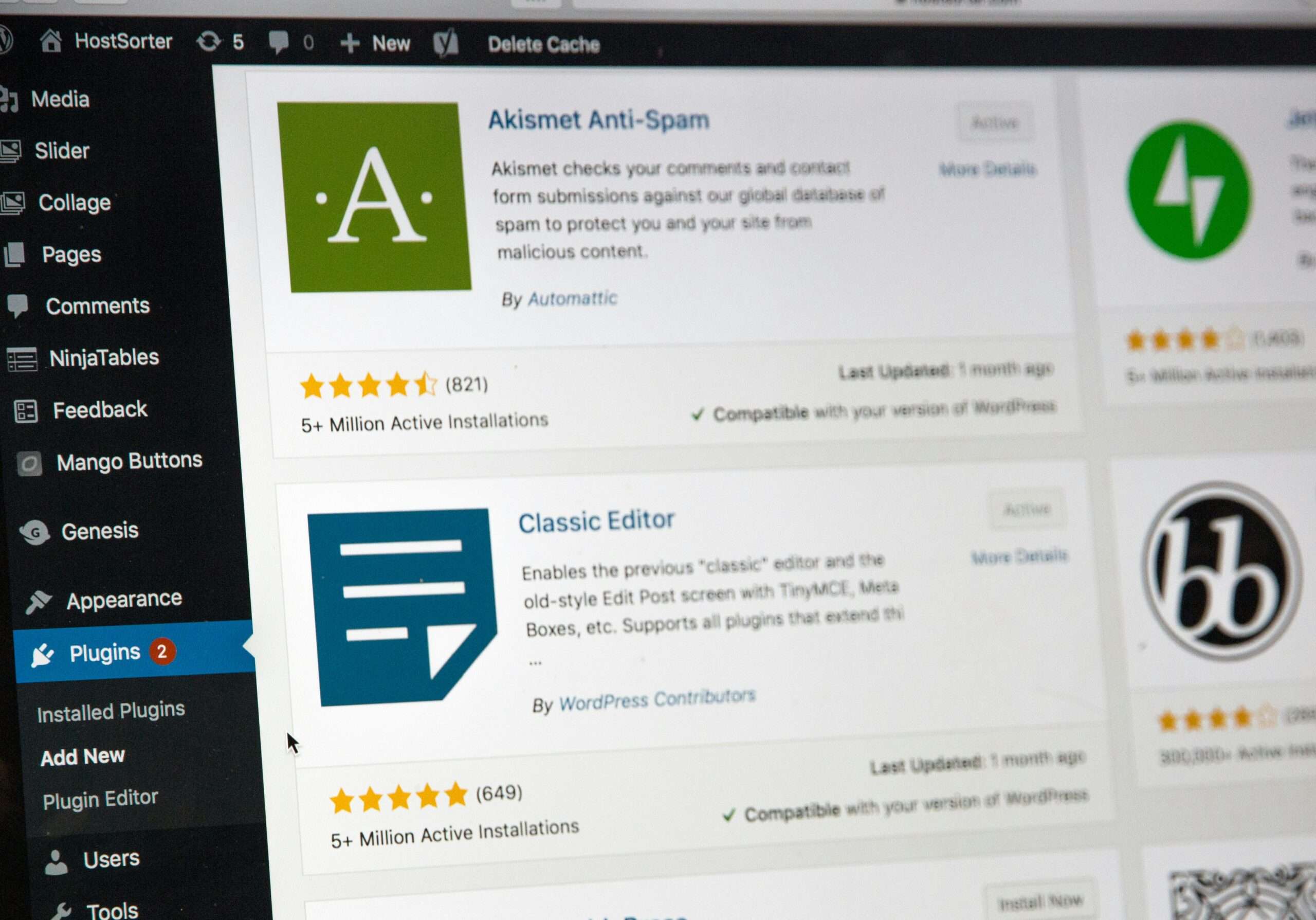Understanding the Digital Landscape in Ireland
In recent years, Ireland has witnessed a significant transformation in its digital landscape, characterized by a marked increase in internet usage and online commerce. Statistics indicate that over 90% of the Irish population now has access to the internet, underscoring the pervasive nature of digital connectivity in daily life. This high level of internet penetration opens up numerous opportunities for small businesses to reach a wider audience and engage with potential customers more effectively.
The growth of e-commerce in Ireland is another notable trend, with estimates suggesting that online retail sales have been steadily increasing year-on-year. According to recent reports, Irish consumers are projected to spend billions online, indicating a shifting preference towards digital shopping platforms. Small businesses, therefore, must recognize the importance of having a robust online presence to capture this growing market segment. The ability to offer goods and services online not only maximizes visibility but also aligns with the changing purchasing behaviors prevalent among today’s consumers.
Furthermore, the shift in consumer behavior is evident as an increasing number of individuals turn to the internet for product research, price comparisons, and purchasing decisions. This transition necessitates that small businesses adapt their marketing strategies and invest in their digital platforms to remain competitive. The modern consumer often expects a seamless online experience, emphasizing the need for small enterprises to consider website development, effective social media engagement, and e-commerce capabilities as essential components of their business model.
Given these trends, it is evident that having a website is no longer a luxury but a necessity for small businesses in Ireland. As they strive to grow and thrive in the current marketplace, embracing the digital landscape becomes vital for success. Understanding these shifts is crucial for small business owners seeking to remain relevant and accessible in an increasingly online world.
Building Credibility and Trust
In today’s digital landscape, establishing credibility and trust is crucial for small businesses in Ireland. A professional website plays a pivotal role in achieving this objective. It acts as a virtual storefront, where first impressions are often formed. When consumers visit a website that is well-designed, user-friendly, and informative, they are more likely to view the business as legitimate and reliable. In contrast, an outdated or poorly designed site can lead potential customers to question the authenticity and professionalism of the business.
One of the essential elements of a credible website is the inclusion of customer testimonials. Showcasing positive reviews and feedback from satisfied clients can significantly enhance trustworthiness. Testimonials serve as social proof, demonstrating that others have had positive experiences with the business. This is particularly important for small enterprises that may not have a long-standing reputation. By featuring genuine customer stories, businesses create a narrative that resonates with potential clients, fostering a sense of reliability.
Moreover, a website can serve as a platform for effective brand storytelling. By providing detailed information about the business’s mission, values, and history, small businesses can connect with their audience on a deeper level. This connection can nurture loyalty and encourage customers to choose their services over competitors. Additionally, a strong online presence can help differentiate a business from those that may not prioritize digital outreach. In today’s market, consumers often seek information online before making purchasing decisions, thus, having a website becomes essential for staying competitive.
In conclusion, a well-crafted website significantly contributes to building the credibility and trust necessary for small businesses in Ireland. By focusing on customer testimonials and effective storytelling, these businesses can cultivate a strong online presence that fosters positive consumer relationships.
Marketing Opportunities and Customer Engagement
In the current digital landscape, having a website is vital for small businesses in Ireland to effectively engage in marketing opportunities. A carefully designed website serves as a foundational marketing tool that enhances visibility through Search Engine Optimization (SEO). SEO involves optimizing website content in a manner that improves a site’s ranking on search engines. By incorporating relevant keywords and phrases that consumers frequently search for, small businesses can attract organic traffic from potential customers. This increased visibility not only drives more visitors to the site but also fosters a greater understanding of the target audience, allowing companies to fine-tune their marketing strategies.
Additionally, a website provides a platform for businesses to leverage email marketing. By offering visitors the chance to subscribe to newsletters or exclusive deals, companies can build a targeted email list. This list enables personalized communication, keeping customers informed about promotions, new products, or services. Email marketing is an effective way to nurture leads and maintain relationships with existing customers, encouraging repeat business and loyalty.
Another important aspect of a website is its ability to integrate social media channels. By incorporating social media buttons and feeds, businesses can enhance their online presence and encourage visitors to share content, further expanding their reach. This integration enables companies to connect with customers on multiple platforms, enhancing overall customer engagement.
Moreover, interactive features, such as blogs and forums, allow businesses to communicate directly with their customers. These tools not only provide valuable content but also create a community around the brand. Additionally, by utilizing website analytics, small businesses can gain insights into customer behavior, identify trends, and tailor offerings to meet consumer demands. Ultimately, a website serves as a comprehensive marketing asset that cultivates engagement and drives growth.
Cost-Effectiveness and Accessibility
Having a website is a pivotal investment for small businesses in Ireland, significantly influencing their cost-effectiveness and overall reach. The digital landscape allows businesses to connect with customers in ways that traditional marketing methods often fall short. Unlike print ads or billboards that require sizable budgets with non-measurable returns, a well-constructed website can generate consistent online sales and engagement at a relatively low cost. The return on investment (ROI) for digital presence is generally higher as online platforms enable businesses to track customer interactions and preferences closely, allowing for more strategic market targeting.
Moreover, the availability of various affordable tools and platforms simplifies the website creation process, making it accessible even to those without extensive technical expertise. Platforms such as WordPress, Wix, and Squarespace offer user-friendly interfaces, enabling small business owners to design functional and visually appealing websites with minimal investment. These tools provide templates and features tailored to small businesses, ensuring that costs remain low while effectively showcasing products and services. This capability reinforces the idea that a professional online presence is not a luxury, but rather an essential asset for competing in today’s market.
In addition to cost considerations, accessibility is an integral factor in establishing a successful online presence. A mobile-friendly design ensures that potential customers can easily navigate a website from various devices, enhancing user experience and potentially increasing conversion rates. Compliance with accessibility standards broadens audience reach by making websites usable for individuals with disabilities. This inclusivity not only fulfills legal obligations but also reflects positively on a brand’s reputation. Ultimately, the combination of cost-effectiveness and strong accessibility measures highlights the necessity of having a well-designed website as a key element for small businesses looking to thrive in Ireland’s competitive economy.

